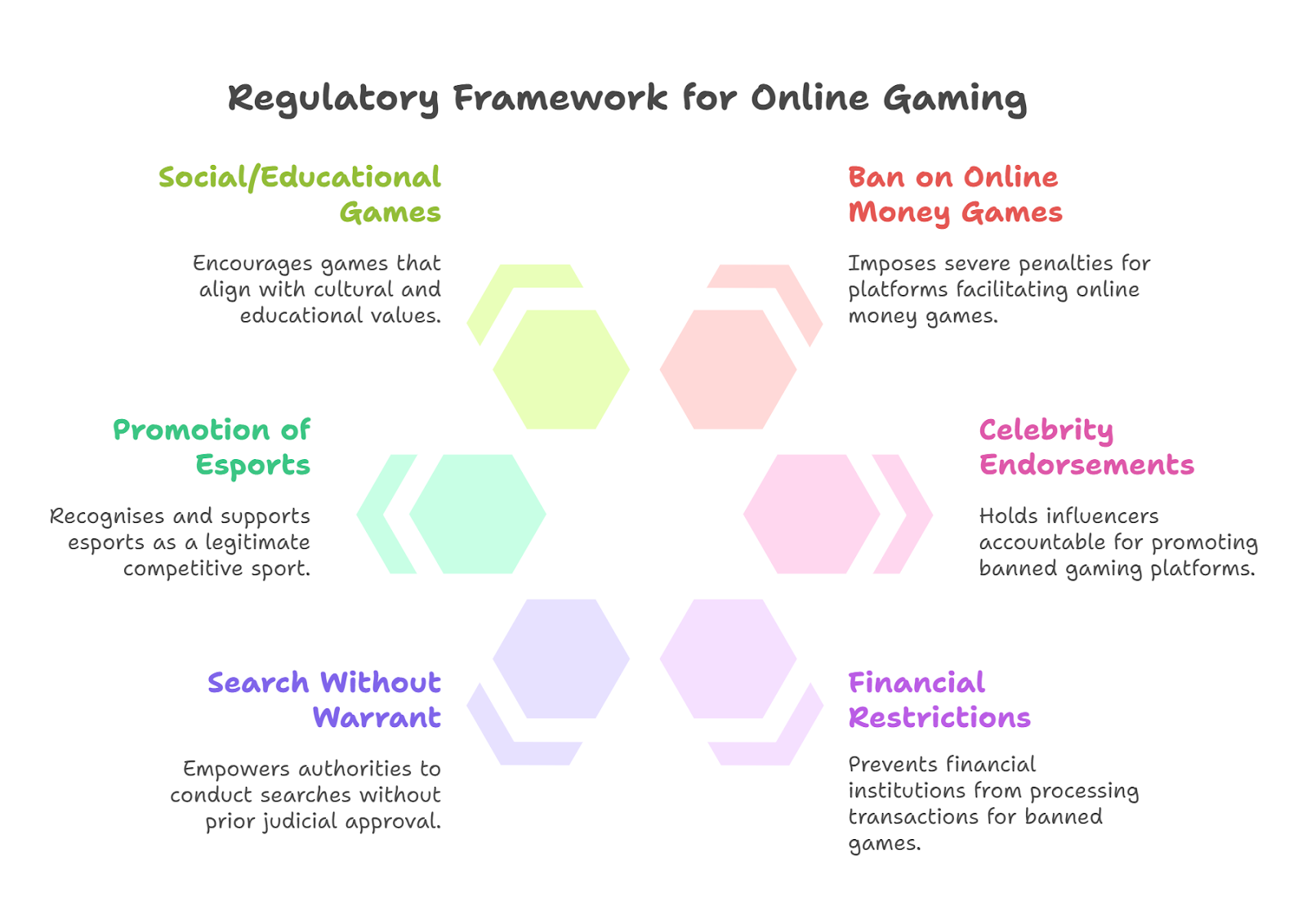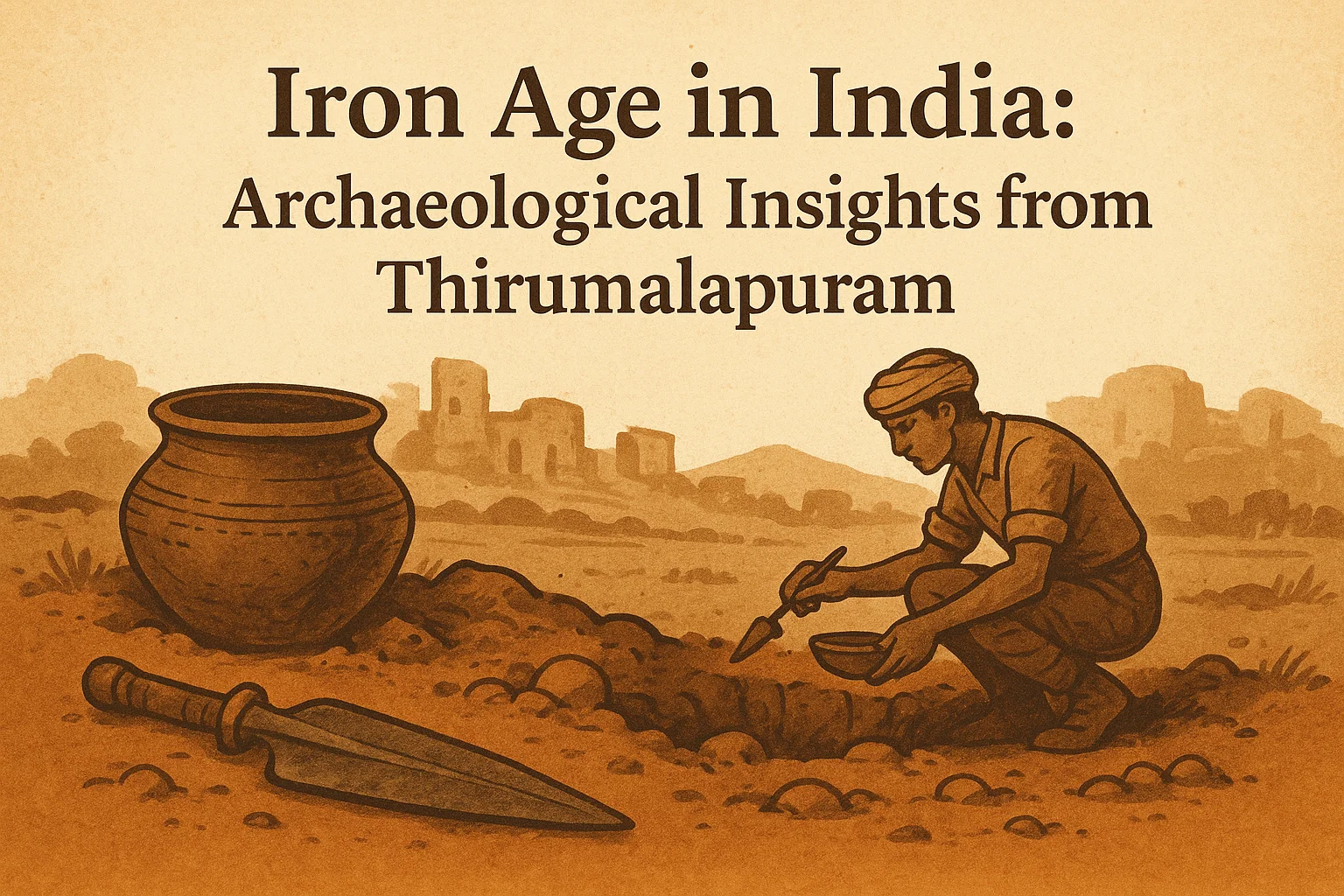Font size:
Print
The Online Gaming Bill, 2025: A Turning Point for India’s Digital Gaming Industry
Online Gaming Bill 2025: A Controversial Crackdown Reshaping India’s Digital Playfield
Context: The Online Gaming Bill, 2025, passed by Parliament, marks a decisive shift in India’s digital policy—moving from industry-friendly self-regulation to a blanket ban on real-money games amid rising concerns of addiction, money laundering, and national security risks.

What are the major provisions of the Bill?
The Promotion and Regulation of Online Gaming Bill, 2025, passed by Parliament, seeks to ban all forms of real money gaming, irrespective of whether based on skill or chance.
- Benefits:
- Tackles money laundering, tax evasion, and misuse for terror financing (as flagged by the Home Ministry).
- Addresses addiction and financial ruin among youth—concerns highlighted in the Economic Survey 2022–23, which linked digital addictions with productivity loss.
- Concerns:
- Risk of pushing gaming transactions to the dark web and offshore platforms.
- Potential loss of ₹15,000–20,000 crore annual GST revenue (per Finance Ministry estimates).
- Job losses in a sector employing over 2 lakh people.
How can the Bill change the trajectory of the online gaming industry in India?
The Bill represents a paradigm shift from the 2023 IT Rules that envisioned self-regulation. With a blanket prohibition, companies like Dream11, MPL, and WinZO face existential threats.
- The FICCI-EY 2025 report estimated the industry could grow into a $9 billion market by 2029; the Bill may halt this trajectory.
- FDI impact: With over ₹25,000 crore FDI attracted till 2022, investor confidence could erode.
- Shift in focus: Government is clearly redirecting policy support toward esports and game development—with institutions like the proposed Indian Institute of Creative Technologies (IICT) as new growth anchors.
What measures need to be taken to address the concerns?
- Balanced Regulation, Not Blanket Ban: Case studies from the UK Gambling Commission and Singapore’s Gaming Control Act show that licensing, taxation, and age restrictions can mitigate harms without wiping out the sector.
- Digital Literacy and Addiction Counselling: Programs under Digital India and initiatives like Manodarpan (psychological well-being scheme for students) can be expanded to gaming addiction.
- Taxation Reform: A calibrated GST structure could retain revenues while discouraging exploitative business models.
- Stronger Tech Monitoring: Use of AI-based fraud detection to track illicit transactions instead of driving the industry underground.

